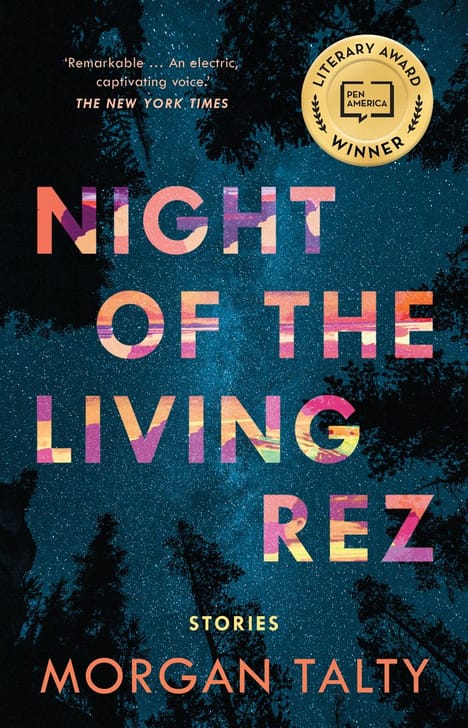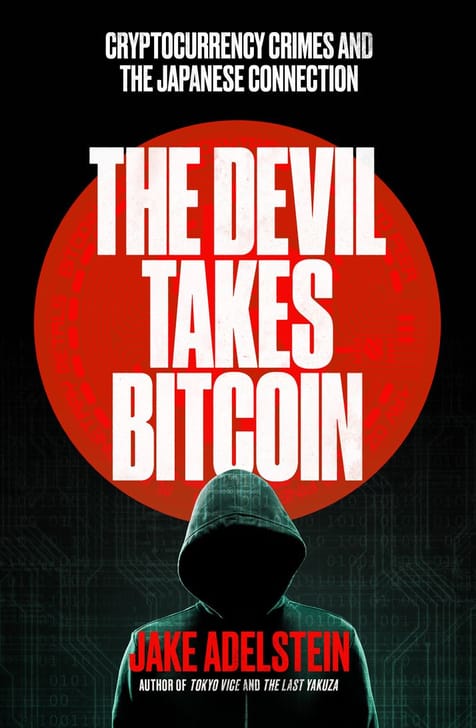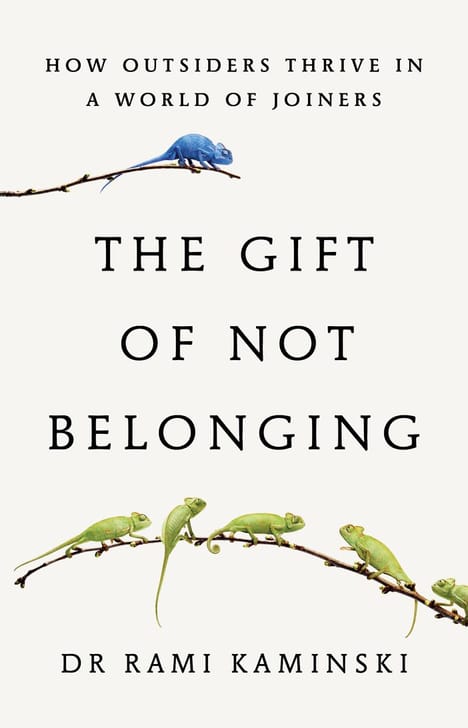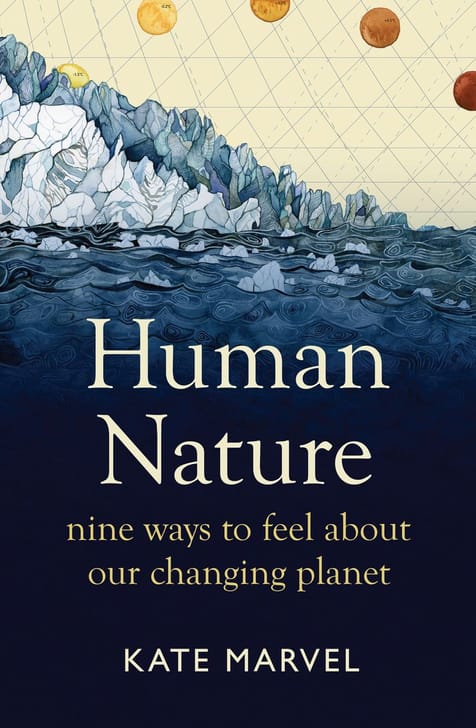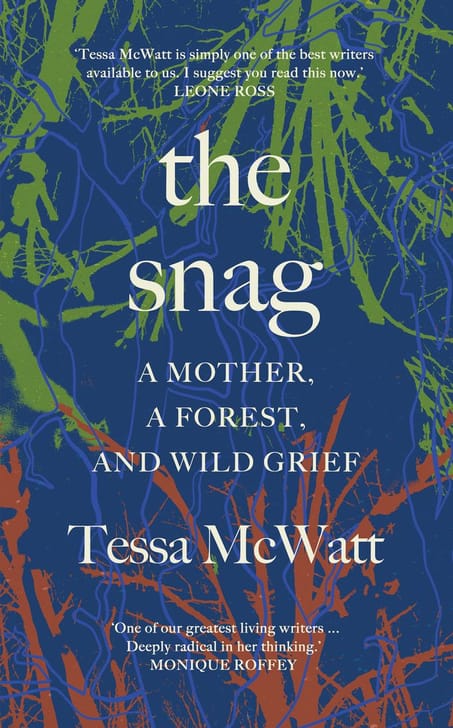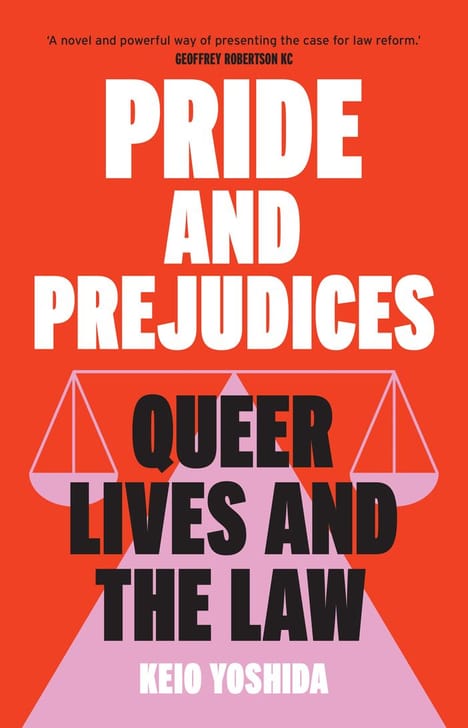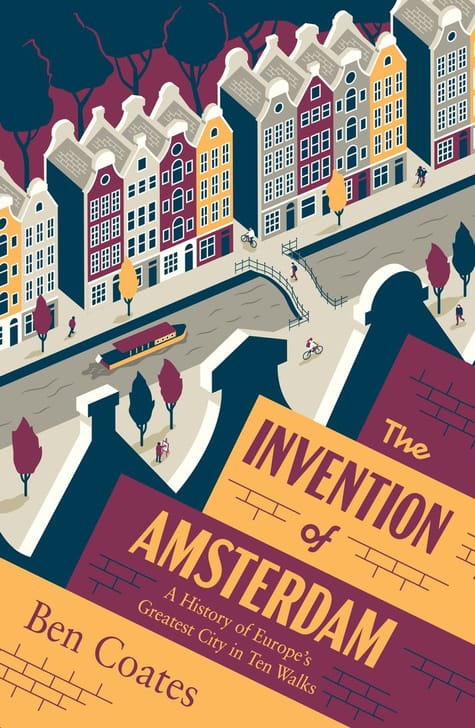
Two books longlisted for the 2023 Walkley Book Award
Related Books
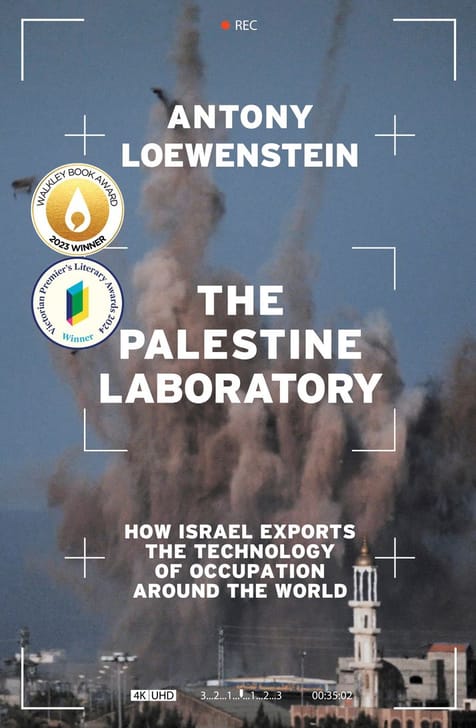
The Palestine Laboratory
WINNER OF THE 2023 WALKLEY BOOK AWARD
WINNER OF PEOPLE’S CHOICE AT THE VICTORIAN PREMIER’S LITERARY AWARDS 2024
SHORTLISTED FOR THE 2024 ABIA SOCIAL IMPACT BOOK OF THE YEAR
Bestselling journalist Antony Loewenstein uncovers the widespread commercialisation and brutal deployment globally of Israel’s occupation-enforcing technologies.
For more than 50 years, the occupation of the West Bank and Gaza has given the Israeli state invaluable experience in controlling an ‘enemy’ population, the Palestinians. It’s here that they have perfected the architecture of control, using the occupied Palestinian territories as a testing ground for weaponry and surveillance technology that they then export around the world.
The Palestine Laboratory shows in depth and for the first time how Israel has become a leader in developing spying technology and defence hardware that fuels some of the globe’s most brutal conflicts — from the Pegasus software that hacked Jeff Bezos’s and Jamal Khashoggi’s phones, and the weapons sold to the Myanmar army that has murdered thousands of Rohingyas, to the drones being used by the European Union to monitor refugees in the Mediterranean who are left to drown.
In a global investigation that uncovers secret documents, based on revealing interviews and on-the-ground reporting, Antony Loewenstein shows how, as ethno-nationalism grows in the 21st century, Israel has built the ultimate tools for despots and democracies.
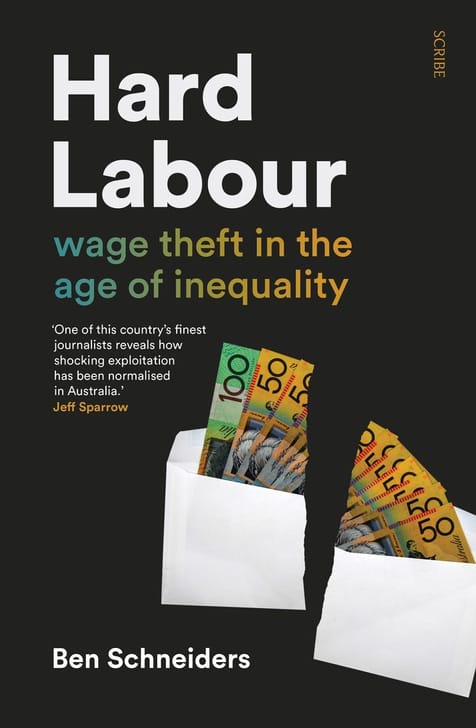
Hard Labour
A startling investigation of how some of Australia’s best-known companies have abused their power to systematically underpay their workers in recent years.
Whether it’s at McDonald’s, Coles, 7-Eleven, Woolworths, the major banks, high-end restaurants, or on farms, wage theft has become endemic. Billions of dollars have been unlawfully taken from workers at countless businesses, large and small.
Hard Labour is an examination of why this has occurred and what it says about inequality and power in twenty-first century Australia. It tells the stories of individual workers, temporary migrants, and those without influence and connections. It also describes how many businesses — whether owned by private equity or wealthy families, or operating through tax havens or on the stock exchange — have structured themselves to avoid paying minimum wages.
Drawing on years of extensive research, economic data, and hundreds of interviews, Ben Schneiders puts the issue of wage theft in a broader context to describe how the loss of worker power in Australia has led to rising inequality and what this means for our democracy. Hard Labour examines some of the shifts of power in Australian history between capital and labour — from the living-wage Harvester decision of 1907 to the Accord of the 1980s, the rise of neoliberalism, and the continuing decline of the union movement.
Hard Labour shows the scale of the wage-theft problem, and what needs to be done to change what is, in effect, a massive rip-off of ordinary workers.
